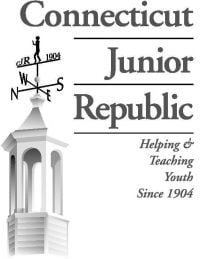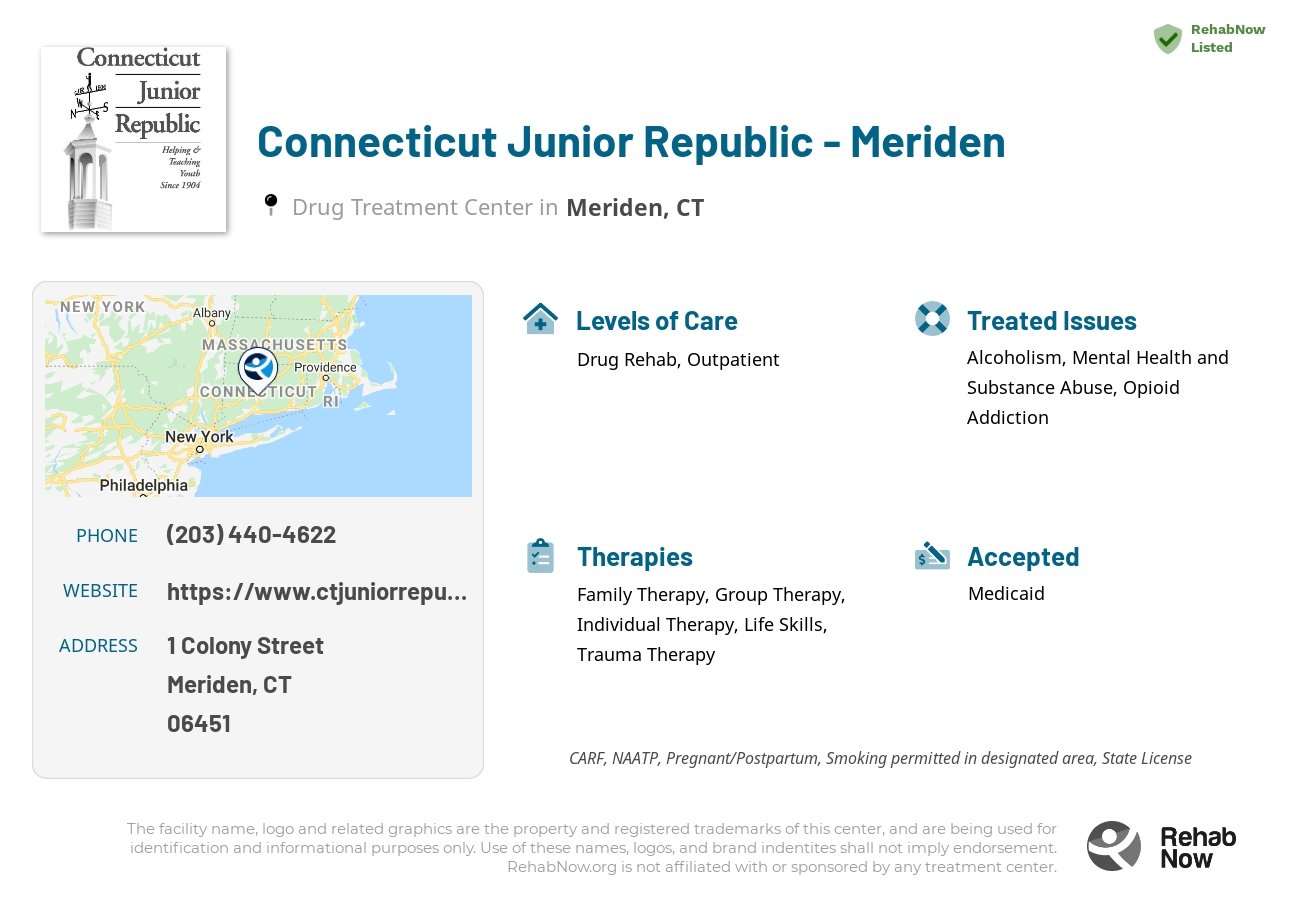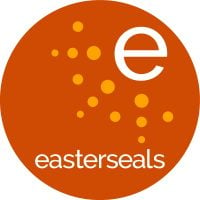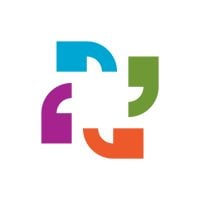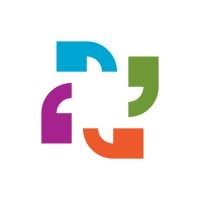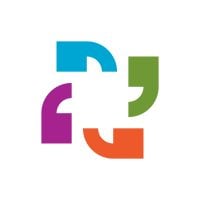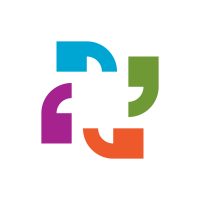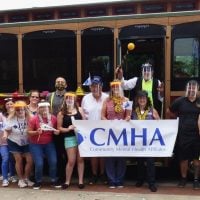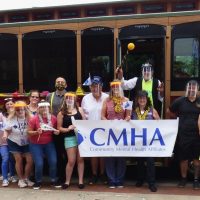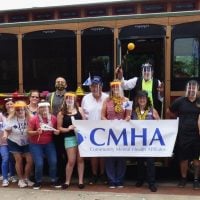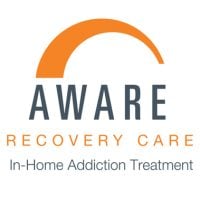Connecticut Junior Republic - Meriden
Drug Rehab Center in Meriden, Connecticut
The Connecticut Junior Republic - Meriden provides comprehensive, individualized treatment for individuals suffering from addiction to opioids, alcohol, or drugs, as well as those with a dual diagnosis. They offer inpatient care, outpatient services, and aftercare support to assist clients in maintaining their sobriety and accept most private health insurance plans.
About Connecticut Junior Republic - Meriden in Connecticut
Founded in 1904, Connecticut Junior Republic - Meriden is an Addiction Treatment Facility located in Meriden, Connecticut. This facility specializes in providing services to individuals suffering from alcoholism, opioid addiction, dual diagnosis, and drug addiction. They offer a range of treatment options including drug rehab, outpatient programs, inpatient care, aftercare support, detoxification services, and residential levels of care. Connecticut Junior Republic - Meriden is affiliated with the well-established organization Connecticut Junior Republic and accepts private health insurance.
Connecticut Junior Republic - Meriden offers various services and treatment methods to address addiction and substance abuse issues. In addition to traditional drug rehabilitation programs and outpatient services, they provide comprehensive assistance for individuals suffering from alcoholism and drug addiction. Their facilities are equipped to offer detoxification services to help clients safely rid their bodies of addictive substances. Moreover, Connecticut Junior Republic - Meriden emphasizes aftercare support to ensure patients have the necessary resources for long-term recovery success. By combining different levels of care such as inpatient treatment and residential programs with evidence-based therapies or counseling sessions tailored to individual needs, this facility strives to meet the diverse needs of those seeking assistance with their addiction issues.
Genders
Ages
Modality
Additional
Conditions and Issues Treated
Opioid addiction has become a significant health problem in the United States. In 2015, there were 91 opioid overdose-related deaths per day, with a substantial increase in mortality rate in 2014.
When opioid addiction has reached a point where a person’s life becomes unmanageable, treatment options are available to help them get sober. Treatment that includes medical care with medications and counseling can help a user transition into sobriety.
Levels of Care Offered
This center offers a variety of custom treatment tailored to individual recovery. Currently available are Aftercare Support, Detox, Drug Rehab, Inpatient, Outpatient, Residential, with additional therapies available as listed below.
One of the first things an addict should do when entering treatment is to abstain from using illicit drugs completely. Depending on the length of time that the person has been using, the addict may have to go through alcohol or drug withdrawal. Fortunately, detox doesn’t have to be done alone, and withdrawal symptoms can be managed medically in an inpatient or outpatient setting. While detox may be uncomfortable, it is not life-threatening. Detoxification allows the addict to rid the body of all traces of drugs or alcohol and gives the addict a clean slate for their recovery.
Inpatient treatment for alcoholism or drug addiction is an option that provides the addict with a supportive environment in which they can stop using. After detox, an inpatient treatment center provides a structured environment for the addict to recover from their addiction and begin taking steps toward a lifetime of sobriety.
This type of treatment is appropriate for addicts that are most in need of intensive care and supervision. This includes those who were unable to quit on their own, those who need more structure than they can get in outpatient treatment, and those whose addiction has led them into legal trouble or severe health problems.
Outpatient treatment is often used for drug addicts in drug rehab. Outpatient treatment consists of counseling and therapy sessions. This form of treatment is also called ‘day-treatment’. The outpatient treatment process begins with the addict’s initial detox period, lasting about ten days.
Outpatient treatment is used for those who are at moderate risk for ‘slipping back’ into the addiction, for those who:
- Are not currently experiencing any side effects from withdrawal and can handle social pressure
- Can handle stressors that might trigger relapse
- Have a stable living environment or have moved out of their previous environment, which was not conducive to being sober
- Have a support system that allows them to go to a facility a few times a week while still keeping their current responsibilities
- Have no legal obligations, being either on parole or probation, that require them to seek treatment at a mandatory facility
- Are not currently experiencing any side effects from withdrawal and can handle social pressure
- Have a stable living environment or have moved out of their previous environment, which was not conducive to being sober
Residential treatment programs are those that offer housing and meals in addition to substance abuse treatment. Rehab facilities that offer residential treatment allow patients to focus solely on recovery, in an environment totally separate from their lives. Some rehab centers specialize in short-term residential treatment (a few days to a week or two), while others solely provide treatment on a long-term basis (several weeks to months). Some offer both, and tailor treatment to the patient’s individual requirements.
Completing a drug or alcohol rehab program is only the first step. Then comes aftercare support. These services include sober living accommodations, career counseling, and AA/NA programs for those struggling with sobriety or who want help maintaining it after initial rehab at an addiction facility.
They can last up to a year or more depending on what’s needed most urgently after the earlier stages are completed.
Therapies & Programs
Because no single treatment is effective for all addicts, the goal of treatment and therapy should be to figure out what works best for each individual. Tolerance and withdrawal levels differ from person to person, affecting the treatment intensity required. Addiction treatment should aim to help addicts develop healthy coping mechanisms for dealing with their addiction and its underlying causes.
Family therapy is beneficial for people who are in addiction treatment services because it offers addicts the opportunity to work with their family members to better understand what led them to make choices that contributed to their addiction.
This type of therapy helps family members reach a deeper understanding of how they can best support their loved one during recovery. It also helps the addict better understand their own motivations and triggers that led them to turn to substance abuse.
Family therapy can help addicts in the following ways:
- Assists family members in processing difficult feelings so they don’t blame or resent recovering addicts
- Assists family members in understanding how addiction has impacted the addict and everyone who is involved with them
- Allows the addict to take responsibility for their actions, while encouraging improved communication skills
- Helps family members understand how to best support an individual in recovery so addicts don’t relapse again.
Group therapy can help build a stronger support system and give addicts in Meriden, CT insight into their addiction that they gain through shared conversations. Group therapy occurs in a controlled group environment, exclusive of one on one meetings. This makes it safer for patients to feel comfortable sharing the struggles they’re going through and gaining perspective.
Trauma therapy is beneficial for people who are recovering from drug addiction because it helps them heal from past traumas that may have caused them to turn to harmful substances or led them to experience negative emotions that contributed to their destructive behaviors.
This type of treatment works by processing difficult experiences so individuals can learn how to process these events without having to turn to substances for coping.
Trauma therapy can help addicts in the following ways:
- Helps individuals understand their experiences and emotional responses to difficult events, including why they turned to drugs or alcohol
- Provides them with comfort and support while working through difficult emotions related to these traumatic experiences
- Offers an opportunity for addicts to have a voice and be heard, which can improve their self-esteem
- Can help them develop coping skills so they can better respond to triggers instead of turning to substance abuse.
Dialectical Behavior Therapy (DBT) is a cognitive-behavioral therapy that helps patients understand the relationship between their thoughts, feelings, and behaviors. It is beneficial for those whose addictions and behaviors stem from severe mental health issues. The term “Dialectic” means the integration of opposites. In substance abuse, DBT refers to accepting the patient’s addiction and working to change their thoughts and behavior. It improves life skills such as controlling intense emotions without reacting impulsively, resolving interpersonal conflicts effectively, and promoting awareness about self and others.
Cognitive-behavioral therapy is a technique that is used to help people with addiction. Specifically, it is a way of identifying thoughts and behaviors that cause the addiction. It is typically used in an individual counseling session.
The content explains cognitive behavioral therapy and how it works to address some behaviors that may be leading to unintended consequences in their life, as well as its benefits for those seeking sobriety.
It works by helping people to talk through their issues and addressing the thoughts that cause said behaviors. It is an excellent way of learning about oneself and one’s perception of the world.
Life Skills Services assist addicts in their recovery by teaching them healthy coping mechanisms that will aid them in becoming sober, focussing on helping people enter into, and maintaining long-term sobriety. Drug Treatment Centers provide Life Skills Services at varying levels of intensity, specific to the needs and requirements of each patient.
The benefits of Life Skills Services offered at Connecticut Junior Republic - Meriden:
- Restores hope and empowerment — Helps addicts believe that recovery is possible and instills a new confidence in their ability to achieve a positive, drug-free future
- Enhances family involvement — Encourages families to get involved in the recovery process and supports their understanding and encouragement of healthy behavior.
- Increases patient’s compliance — Helps patients take responsibility for and ownership of their recovery and encourages continued progress
- Reduces relapse rates — Encourages long-term abstinence and emphasizes the importance of establishing sober support systems.
Payment Options Accepted
For specific insurance or payment methods please contact us.
Is your insurance accepted?
Ask an expert, call (888) 674-0062
Connecticut Junior Republic Associated Centers
Discover treatment facilities under the same provider.
- Connecticut Junior Republic - Torrington in Torrington, CT
- Connecticut Junior Republic - Waterbury in Waterbury, CT
- Connecticut Junior Republic - Danbury in Danbury, CT
- Connecticut Junior Republic - Litchfield in Litchfield, CT
- Connecticut Junior Republic - Litchfield in Litchfield, CT
Learn More About Connecticut Junior Republic Centers
Additional Details
Specifics, location, and helpful extra information.
Meriden, Connecticut 6451 Phone Number(203) 440-4622 Meta DetailsUpdated November 25, 2023
Staff Verified
Connecticut Junior Republic - Meriden Patient Reviews
There are no reviews yet. Be the first one to write one.
Meriden, Connecticut Addiction Information
Connecticut has a higher rate of substance abuse and addiction than the national average. The state ranks in the top 10 in the country for illicit drug dependence among those ages 18 to 25. In 2010, there were 9,211 people admitted to an alcohol treatment facility for alcohol abuse combined with a secondary drug. Connecticut ranked fifth in the United States of America for the number of fatalities involving drunk driving in 2014.
The most commonly abused drugs in Meriden, CT, are heroin, marijuana, methadone, crack cocaine, prescription painkillers, methamphetamine, and ecstasy. The number of heroin addicts has increased by 200% between the years 2002 and 2010. There are an estimated 1,400 young adults who have used marijuana in the last year alone in Meriden. Several drug addiction treatment programs are available in Meriden, Connecticut including residential rehab and outpatient rehab.
Treatment in Nearby Cities
- Litchfield, CT (24.6 mi.)
- Windsor, CT (23.2 mi.)
- Bridgeport, CT (31.9 mi.)
- Milford, CT (25.2 mi.)
- Chester, CT (19.1 mi.)
Centers near Connecticut Junior Republic - Meriden
The facility name, logo and brand are the property and registered trademarks of Connecticut Junior Republic - Meriden, and are being used for identification and informational purposes only. Use of these names, logos and brands shall not imply endorsement. RehabNow.org is not affiliated with or sponsored by Connecticut Junior Republic - Meriden.
